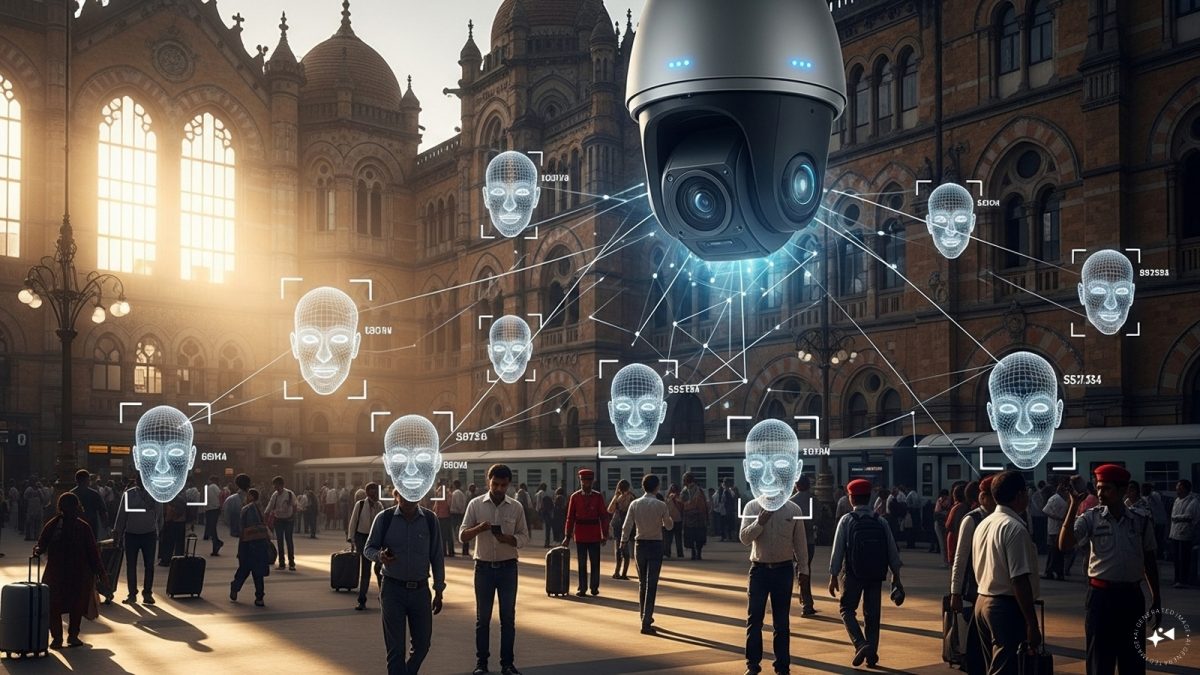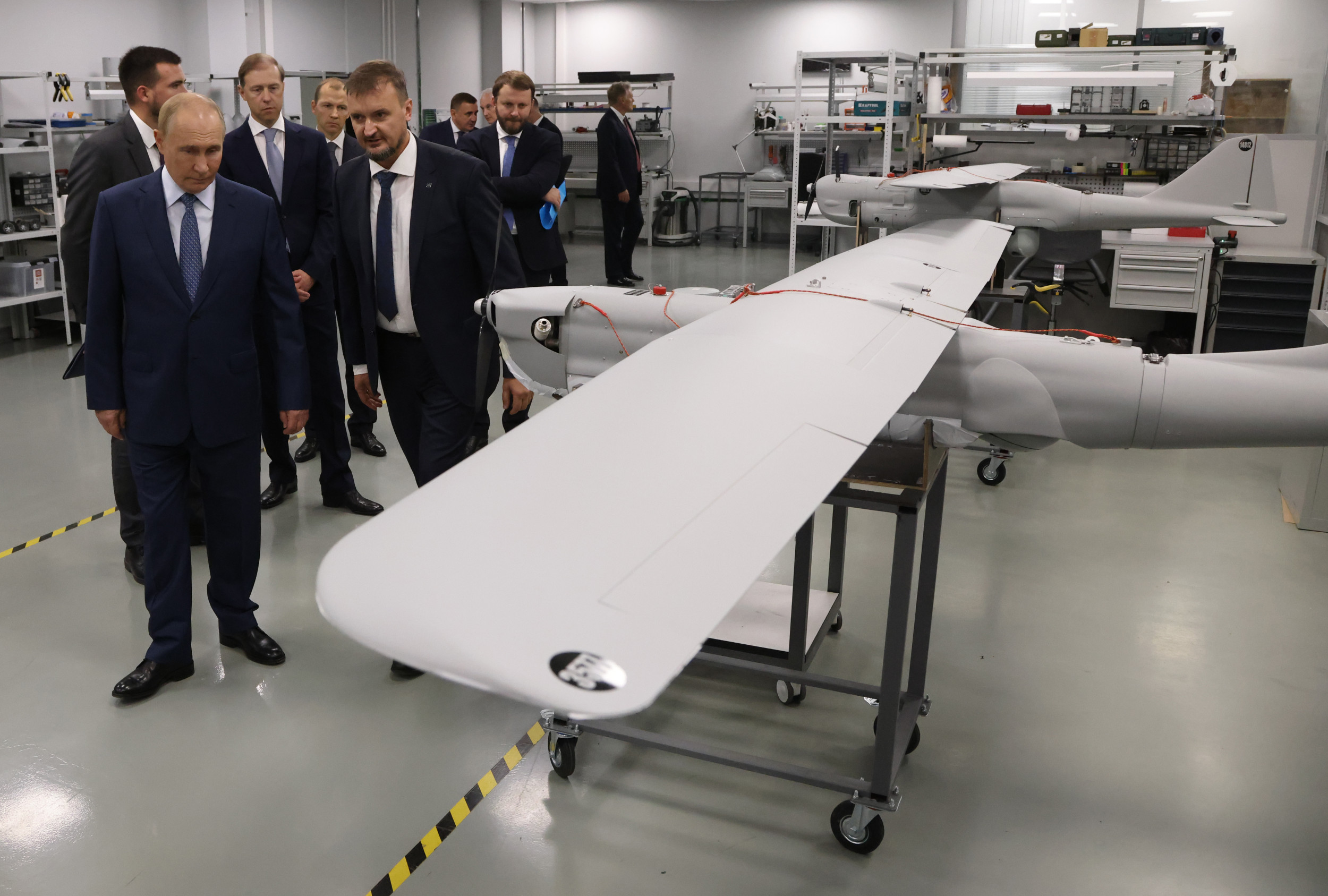AI Eyes on Indian Railways: Facial Recognition Tech Arrives in Mumbai & Delhi for Enhanced Safety and Efficiency

Indian Railways is set to undergo a significant upgrade in security and operational efficiency with the rollout of Artificial Intelligence (AI) powered facial recognition technology (FRT) at major railway stations in Mumbai and Delhi. This ambitious project aims to bolster safety measures, streamline passenger flow, and ultimately enhance the overall travel experience for millions of commuters.
Boosting Security: A Proactive Approach
The primary driver behind this technological leap is the need to enhance security. India's railway network, one of the world's largest, faces constant challenges related to safety and security threats. FRT offers a proactive approach to identifying potential risks and preventing incidents before they occur. The system will scan faces against databases of known offenders, wanted criminals, and individuals flagged for security concerns. Real-time alerts will be sent to security personnel, allowing for immediate intervention and preventing unauthorized access to platforms and trains.
“This is about being one step ahead,” stated a representative from the Railway Protection Force (RPF). “Instead of reacting to incidents, we’re using technology to anticipate and prevent them. FRT will be a crucial tool in our efforts to ensure the safety and security of passengers.”
Beyond Security: Streamlining Operations
While security is the headline benefit, the implementation of FRT extends beyond simply catching criminals. The technology also promises to significantly improve operational efficiency. Imagine a future where ticket checking and boarding processes are dramatically faster. FRT can be integrated with ticketing systems to automatically verify passenger identities, reducing queues and minimizing delays. It can also be used to track passenger movement within stations, allowing railway authorities to optimize resource allocation and improve crowd management.
How Does It Work?
The system utilizes strategically placed cameras throughout the stations. These cameras capture facial images, which are then processed by AI algorithms. The algorithms extract key facial features and compare them against a database. If a match is found, an alert is triggered. The data is stored securely and adheres to strict privacy protocols, ensuring responsible usage of the technology.
Privacy Concerns and Addressing Them
Naturally, the implementation of FRT has raised concerns regarding privacy and data security. Railway authorities are keen to address these concerns head-on. Robust measures are being put in place to safeguard passenger data, including:
- Data Encryption: All facial data will be encrypted to prevent unauthorized access.
- Limited Data Retention: Data will be retained only for a specific period and securely deleted afterward.
- Transparency and Accountability: Clear guidelines and protocols will be established to ensure responsible use of the technology. Regular audits will be conducted to maintain accountability.
The Future of Indian Railways
The introduction of AI facial recognition technology marks a significant step towards modernizing India's railway system. If successful, this initiative could be rolled out across other major railway stations nationwide, transforming the way millions of Australians travel and enhancing the overall safety and efficiency of the network. This investment in cutting-edge technology underscores the commitment of Indian Railways to providing a safe, secure, and seamless travel experience for all.






